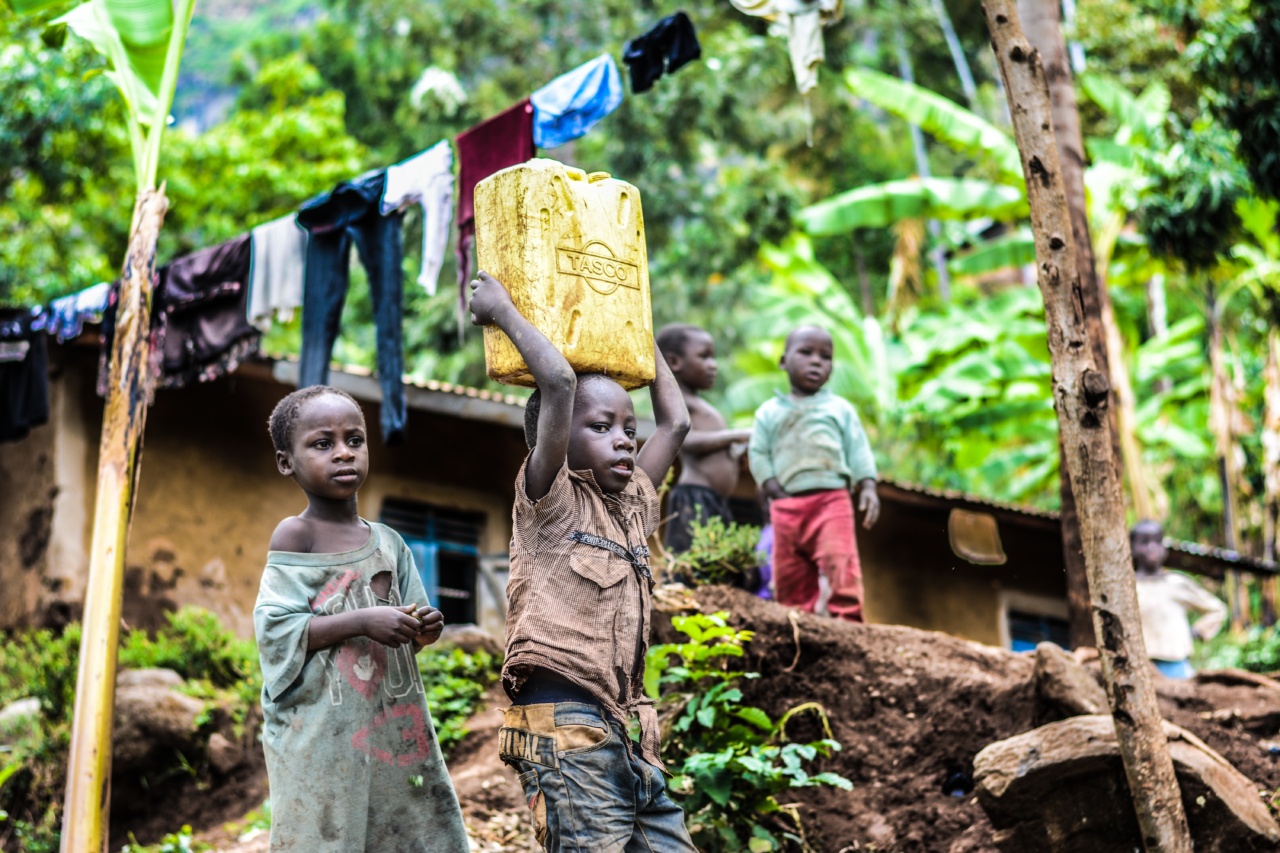Divorce can have a profound impact on the lives of children involved. It is a life-altering event that can bring about a range of emotions and changes in their daily routines.
This article explores why divorce can be traumatic for children and highlights the various ways it affects their emotional and psychological well-being.
Loss of Family Structure
One of the primary reasons divorce can be traumatic for children is the loss of family structure. The disintegration of their parents’ marriage often leads to changes in living arrangements and creates a sense of uncertainty and instability.
The family unit, which served as a support system for the child, is now disrupted, causing them to feel vulnerable and insecure.
Emotional Turmoil
Children of divorce are likely to experience emotional turmoil as a result of their parents’ separation. They may feel a range of emotions, including sadness, anger, confusion, and even guilt.
Witnessing their parents’ disagreements, arguments, and eventual separation can be overwhelming and leave a lasting impact on their emotional well-being.
Conflict and Tension
The high level of conflict and tension that often accompanies divorce can have a detrimental effect on children.
Constant exposure to parental disagreements and heated arguments can create a hostile environment that adversely affects their emotional development. The presence of this negative atmosphere can breed anxiety, fear, and feelings of helplessness in children.
Change in Daily Routine
Divorce necessitates changes in the child’s daily routine, disrupting their sense of security and stability.
Moving between different households, adjusting to new schedules and routines can be challenging for children, particularly when it entails frequent changes. These disruptions can lead to feelings of disorientation, stress, and a sense of being uprooted.
Financial Instability
Divorce often brings financial changes for families, which can significantly impact children.
The shift in economic circumstances may require adjustments in the child’s lifestyle, such as downsizing or foregoing certain activities or opportunities. This financial instability can cause stress and anxiety, leading to difficulties in adapting to the changes thrust upon them.
Parental Absence
Divorce and the subsequent physical separation of parents can lead to the absence of one parent from the child’s life.
Whether it’s due to custody arrangements or a lack of involvement, the reduced presence of a parent can have profound effects on a child’s emotional well-being. It can result in feelings of abandonment, confusion, and identity issues.
Impact on Relationships
Children of divorce often struggle when it comes to forming and maintaining relationships. Witnessing the breakdown of their parents’ relationship can make them wary of commitment and vulnerable to trust issues.
They may develop a fear of abandonment or struggle with intimate connections, which can affect their overall emotional development and ability to navigate future relationships.
Academic Performance
The traumatic experience of divorce can have a significant impact on a child’s academic performance. The emotional distress and upheaval associated with divorce can hinder their concentration, memory, and overall cognitive functioning.
The stress caused by the divorce can cause a decline in their grades, attendance, and overall academic achievement.
Long-term Effects on Mental Health
Studies show that children of divorce may be more susceptible to long-term mental health issues.
The trauma experienced during the divorce process can lead to difficulties in managing stress and emotions, increasing the risk of developing depression, anxiety, and other psychological disorders later in life.
Support and Coping Mechanisms
While divorce can be traumatic for children, the presence of support systems and coping mechanisms can mitigate its long-term effects.
Providing children with a stable and nurturing environment, seeking professional counseling, and encouraging open communication can help them navigate the challenges associated with divorce.
Conclusion
Divorce is undoubtedly a traumatic experience for children, impacting various aspects of their lives.
The loss of family structure, emotional turmoil, conflict and tension, changes in routine, financial instability, parental absence, and the long-term effects on mental health are just some of the reasons why divorce can be particularly challenging for children. It is essential for parents, educators, and society as a whole to recognize the importance of providing support and resources to help children cope with the challenges of divorce.






























